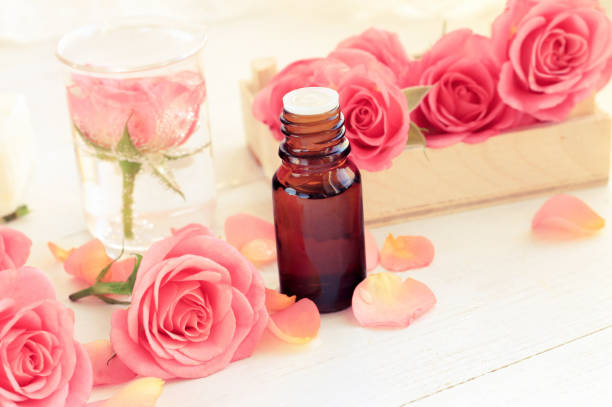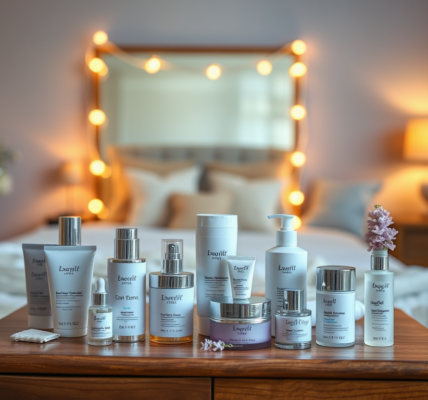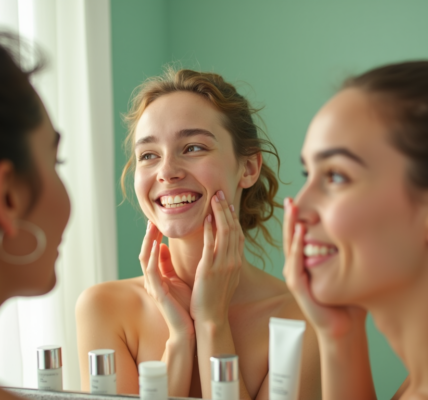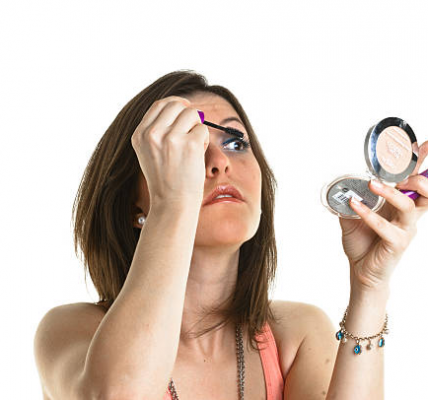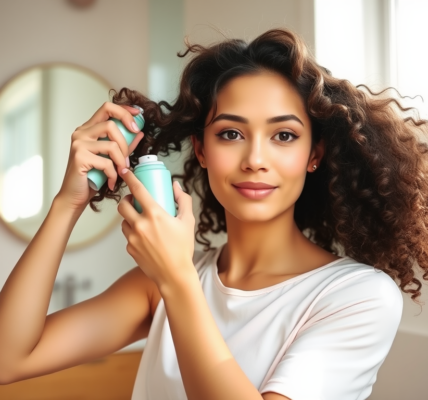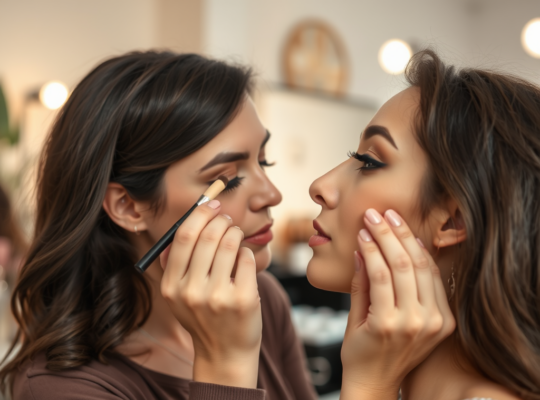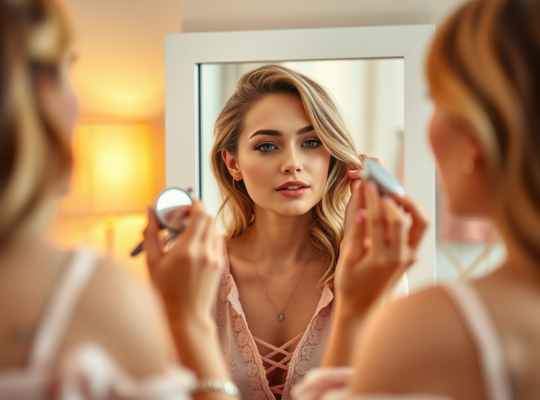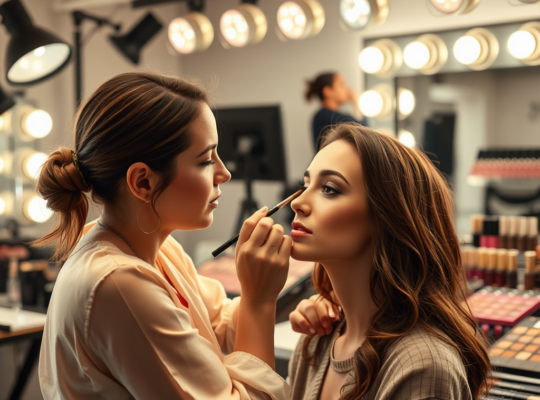Roses are not only a symbol of romance and luxury but also a powerhouse of benefits for the skin. Throughout history, they have held a place of prominence not just in gardens, but also in beauty routines. The main skincare benefits of roses include their ability to soothe irritation, provide hydration, and their rich antioxidant content which contributes to a youthful complexion. In the following sections, we’ll delve into how incorporating elements of the rose, such as rosewater and rose oil, can enhance your skincare regime and help maintain a radiant, healthy skin barrier.
Anti-Inflammatory Properties
Roses are renowned for their anti-inflammatory effects which can be a boon for various skin conditions. When applied topically, products containing rose extracts can help calm the skin and reduce redness associated with irritations, such as acne or rosacea. The anti-inflammatory benefits are primarily due to compounds like anthocyanins and flavonoids found in rose petals. Here’s how they can soothe your skin:
- Calming sunburns by reducing the associated inflammation and redness
- Minimizing puffiness and under-eye circles with their gentle astringent properties
- Providing relief from skin conditions such as eczema or psoriasis through its skin-soothing effects
Hydrating Effects
Hydration is vital for maintaining a plump, fresh-looking complexion, and roses can help lock in that much-needed moisture. Rose petals contain natural oils and sugars that help to retain water in the skin’s barrier. When used in the form of rosewater, it can serve as a gentle moisturizer beneficial for all skin types, particularly for those with dry or sensitive skin. Ingredients derived from roses help to:
- Provide a boost of hydration without adding excess oil
- Balance the skin’s pH levels, promoting a healthy skin barrier
- Prevent transepidermal water loss by creating a protective layer over the skin
Antioxidant Richness
The vibrant blooms of roses are packed with antioxidants, including vitamin C, which is crucial in protecting the skin from environmental stressors, such as pollution and UV radiation. Antioxidants also play a key role in the body’s natural regeneration process, which includes the repair of damaged skin cells and the production of collagen – the protein that keeps the skin firm and elastic. Regular use of rose-infused skincare products may contribute to:
- Fighting free radical damage which can lead to premature aging
- Enhancing skin regeneration for a smoother, more even complexion
- Boosting overall skin health by strengthening its natural barrier functions
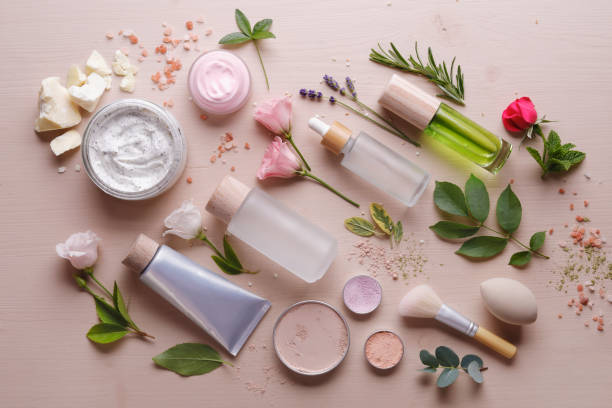
Astringent and Cleansing Abilities
Roses naturally possess astringent properties, making them effective in toning the skin and tightening pores. They have been used as a natural cleanser for centuries, capable of removing excess sebum and dirt that can clog pores and lead to acne. Here are some of the cleansing benefits of rose-infused skincare:
- Tightening skin tissues and unclogging pores without over-drying
- Lightening scars and pigmentation over time by promoting skin renewal
- Gently exfoliating the skin’s surface to reveal a brighter skin tone
Emotionally Uplifting
While not a direct skincare benefit, the aroma of roses is widely recognized for its ability to lift one’s spirits. Outer beauty is often a reflection of the inner state, and the emotional wellbeing that the scent of roses can invoke should not be dismissed. A sense of tranquility and happiness can reduce stress, which in turn may decrease the body’s production of cortisol – a hormone that can trigger breakouts and worsen inflammatory skin conditions. The emotional benefits of roses extend to the realm of aromatherapy, where they are used to:
- Promote relaxation after a stressful day
- Enhance mood, potentially leading to better skin health
- Improve sleep quality, which is essential for the skin’s recovery processes
Conclusion
The rose, timelessly elegant and intrinsically linked to beauty rituals, proves its worth beyond mere aesthetic appeal. From combating inflammation and supplying moisture to wielding antioxidant properties and even providing emotional support, roses have a multifaceted role in the realm of skincare. Incorporating rose-based products into your daily routine can help to soothe, refresh, and protect your skin, harnessing the power of nature to enhance your complexion’s natural glow.
FAQs
Can rose products be used on all skin types?
Yes, rose products are generally suitable for all skin types because they are gentle and non-irritating. However, it’s always wise to conduct a patch test before applying any new product widely.
How often should I use rosewater in my skincare routine?
Rosewater can be used daily, both in the morning and at night, as part of your cleansing and toning regimen. Adjust the frequency according to your skin’s specific needs and tolerance.
Can men use skincare products with rose extracts?
Absolutely! Skincare benefits derived from roses are universal and not limited by gender. Men can benefit from the soothing, hydrating, and rejuvenating effects of rose-infused skincare just as women do.
Are there any side effects of using roses in skincare?
Rose-based skincare products are usually safe and side effects are rare. However, some individuals may have allergies to floral extracts, so it’s important to monitor for any adverse reactions, especially if you have sensitive skin.
Can I use fresh rose petals on my skin directly?
While fresh rose petals are a natural and enticing option, they may not provide concentrated benefits like formulated skincare products do, and there is a risk of pesticide exposure unless they are organically sourced. It is better to use products designed for skin with proper extraction methods that ensure you get the full range of benefits without potential contaminants.
